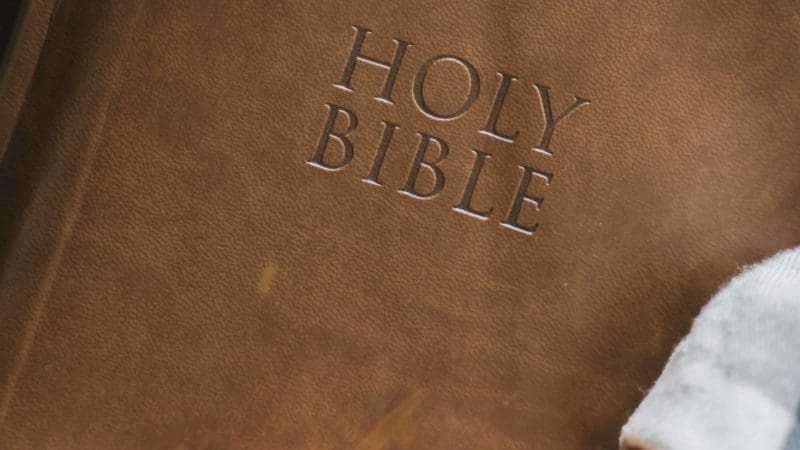B-A-C
Loyal
- Joined
- Dec 18, 2008
- Messages
- 11,079
What is a creed?
noun
noun
a system of Christian or other religious belief; a faith:
"people of many creeds and cultures"
Similar:
faith religion church persuasion affiliation- (Creed)
a formal statement of Christian beliefs, especially the Apostles' Creed or the Nicene Creed:
"the godparents will then swear that they believe in the Creed and the Commandments"
Similar:
doctrine teaching ideology ethic dogma - a set of beliefs or aims which guide someone's actions:
"not everyone follows a creed of acceptance and understanding"
In the simplest terms, a creed is simply a statement of what you believe.
In Christianity there are two creeds that stand out. The Nicene Creed and The Apostle's Creed.

Nicene Creed - Wikipedia
en.wikipedia.org
- (Creed)

